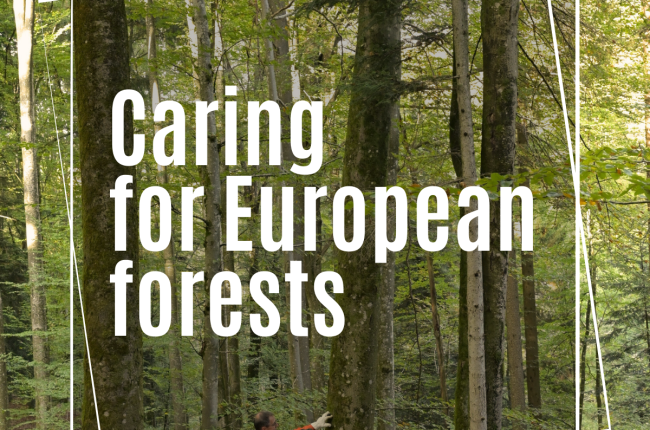UN Secretary-General António Guterres described the report as “code red for humanity”, warning that the global average temperature will reach the 1.5°C threshold within 20 years unless immediate action is taken to reduce emissions. The report indicates that already today, emissions directly caused by human activities, have increased the average global temperature by 1.1°C. This has been enough to increase the frequency of catastrophic weather extremes such as megafires, pests, erosion and other disturbances, of which forests are often the first victims.

Sustainable forest management (SFM) can help address some of these climate-related vulnerabilities. Specific examples for the contribution of forests to mitigate climate change do not only include carbon sequestration and storage in forests and wood products, but also the provision of raw materials used to substitute fossil fuel-based materials and energy which was supported by Mr Guterres' statement that "this report must sound the death knell for coal and fossil fuels before they destroy our planet". European Forest Owners are convinced that active and sustainable management of forests will improve the resilience and better adaptation of forests to natural disturbances and hence allow them to bring their contribution to climate change mitigation.
Ultimately, SFM contributes to the UN’s Sustainable Development Goals and helps to meet the needs of people living today without compromising the needs of future generations, while balancing social, economic, and environmental considerations. One of the next occasions to highlight the crucial role of SFM to adapt to and mitigate climate change will take place between 31 October and 12 November 2021, as leaders of governments will get together in Glasgow during the 26th UN Climate Change Conference (COP26).




